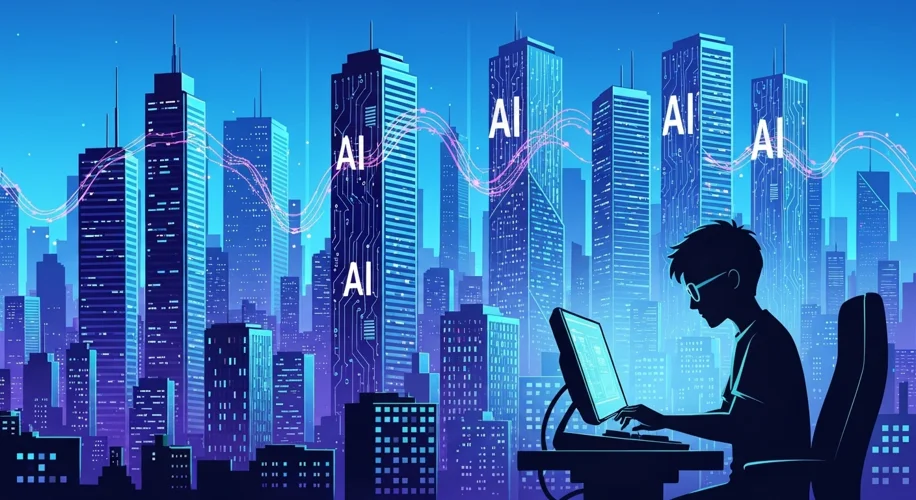Okay, so hear me out… Bill Gates, the guy who basically built the software world as we know it, recently dropped some thoughts on AI and, get this, programmers. His take? AI isn’t going to replace human coders for at least another century. And honestly, I think he’s onto something.
As someone deep in the AI trenches, pursuing a PhD in Computer Engineering and actually building stuff, I’ve seen how fast AI is moving. It’s mind-blowing. We’ve got AI writing code, debugging, and even helping design systems. It feels like we’re on the cusp of something huge.
But here’s the catch, and it’s a big one: AI, right now, is a tool. A super-powerful tool, sure, but a tool nonetheless. It excels at pattern recognition, optimization, and executing tasks based on the data it’s trained on. It can whip up a functional piece of code in seconds, often better than a junior dev could. And that’s awesome for boosting productivity.
Think of it like this: AI can be your super-efficient co-pilot. It can handle a lot of the grunt work, suggest solutions, and even find bugs you might miss. But it doesn’t understand in the way a human does. It doesn’t have the life experience, the intuition, or the ability to truly innovate from scratch.
What’s missing? That spark of human creativity. The ‘aha!’ moment when you connect seemingly unrelated ideas to solve a problem in a completely new way. AI can optimize existing paths, but creating entirely new ones? That’s still our domain.
Consider the ethical dilemmas, the nuanced user needs, the completely out-of-the-box solutions that defy current data. These are areas where human programmers shine. We can ask ‘why?’ not just ‘how?’ We can empathize with users, anticipate future needs, and build systems that are not just functional but also meaningful and human-centric.
Bill Gates is right to point out that the complex, creative, and even the downright messy parts of programming are still firmly in human hands. AI will undoubtedly change how we code, making us more efficient and perhaps even more creative by offloading repetitive tasks. But the core of programming – the problem-solving, the innovative thinking, the art of crafting elegant solutions – that requires a human touch.
So, for the next hundred years, I don’t think we need to worry about our jobs disappearing. Instead, we should focus on how we can leverage AI to become even better programmers. It’s about collaboration, not replacement. Our role is evolving, becoming more about guiding these powerful tools and applying our uniquely human creativity to the challenges ahead. It’s an exciting time to be in tech, and knowing that human ingenuity is still king makes it even more so.

